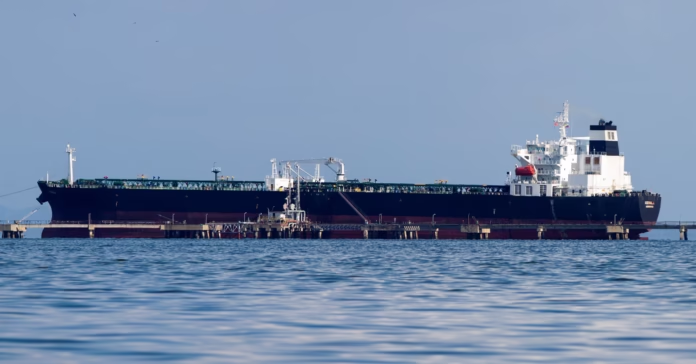Oil supply risk rises this week as U.S. policies and global oil alliance decisions collide. On Wednesday, oil prices moved slightly higher. Investors responded to Washington’s latest restriction on Chevron’s operations in Venezuela. At the same time, market attention remained fixed on possible production increases from OPEC+.
The U.S. government revoked Chevron’s previous license to export Venezuelan crude. A new authorization allows asset retention but bans oil exports. As a result, American refiners may now rely more on Middle Eastern suppliers. This shift could increase competition for alternative crude sources.
Brent crude futures rose 7 cents, reaching $64.16 per barrel. West Texas Intermediate (WTI) climbed 9 cents to hit $60.98 per barrel. The modest price gains reflected market uncertainty. Even so, the decision clearly tightened supply options for U.S. refiners.
According to Westpac analyst Robert Rennie, losing Venezuelan barrels adds stress to already strained U.S. oil flows. He noted that replacing that supply means deeper dependence on Middle Eastern oil. This reinforces the oil supply risk rises narrative.
Chevron and other foreign firms had helped Venezuela’s oil sector recover slightly. Output had reached nearly one million barrels per day. However, the new restrictions threaten to reverse that progress. The Trump administration’s tough stance aims to pressure Venezuela’s leadership.
Despite these supply risks, expectations about OPEC+ restrained price gains. The alliance plans to meet and may approve higher output. Eight OPEC+ members will hold talks soon to discuss a possible July increase. If agreed, this may ease global supply concerns.
Still, some experts remain skeptical. Phillip Nova’s Priyanka Sachdeva warned that excess supply may hit the market later this year. She also pointed out that OPEC’s past failures to meet quotas remain a concern. Additionally, global oil demand faces pressure from ongoing trade tensions.
Meanwhile, Trump hinted at new sanctions on Russia. That announcement sparked further supply worries. ING analysts believe more sanctions could disrupt Russian energy flows, adding fuel to oil market volatility.
In summary, oil supply risk rises due to U.S. export bans, potential OPEC+ output changes, and geopolitical tensions. As uncertainty builds, investors closely watch every policy signal.
For more business updates, visit DC Brief.


